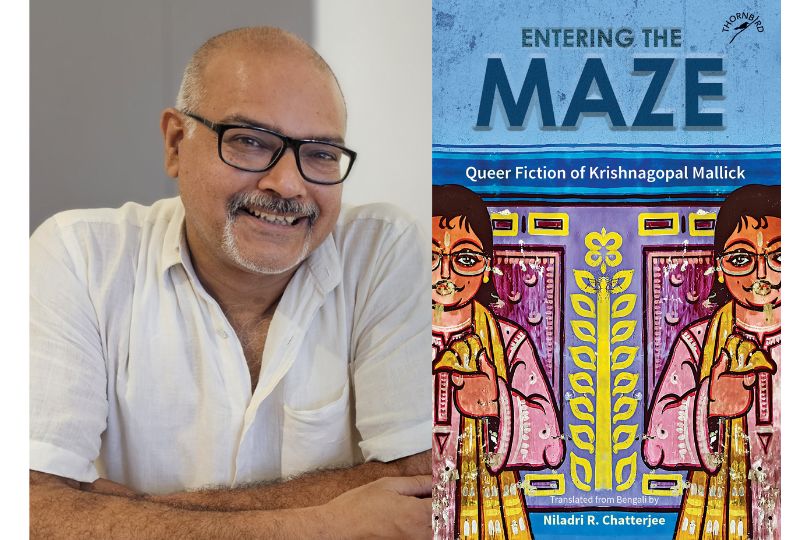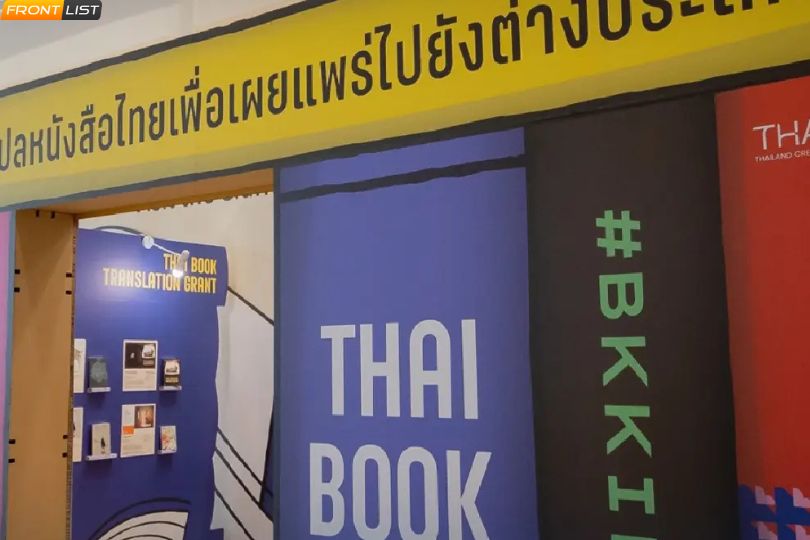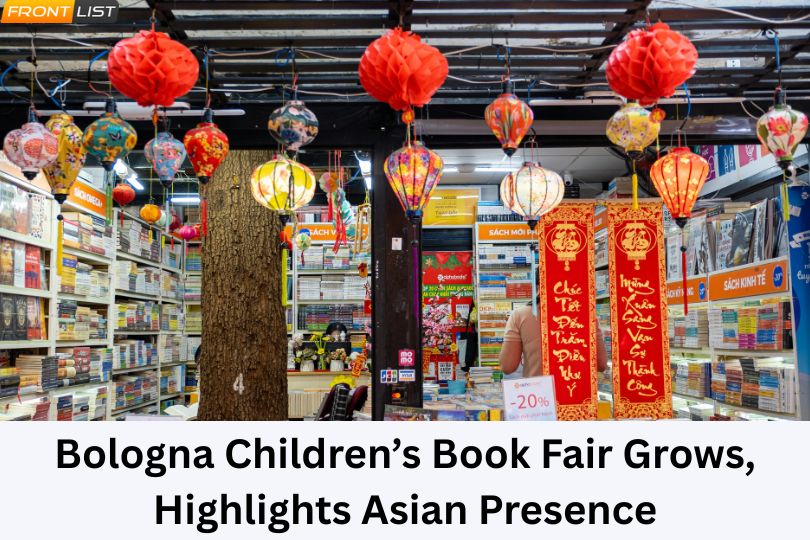Interview With Author Niladri R. Chatterjee, Translator of Entering the Maze
Krishnagopal's gossipy tone brings to life a time that most of us are unfamiliar with (Kolkata in the 1940s), relying not on our personal recollections but on his vivid storytelling.on Jun 09, 2023

Niladri R. Chatterjee (1967 -) is Professor, Department of English, the University of Kalyani, West Bengal. His doctoral work was on the novelist Christopher Isherwood. A recipient of Fulbright Scholarship (for which he went to the University of Texas at Austin) and the British Council-Charles Wallace Fellowship (University of Cambridge), he co-edited The Muffled Heart: Stories of the Disempowered Male (2005), and Naribhav: Androgyny and Female Impersonation in India (2016), and has been contributing to international publications since 1995. He has been teaching a course in gender studies at his university since 2009 and runs a Facebook group called New Gender Studies. Since March 2020, he has also been posting videos on his YouTube channel.
Frontlist : "Entering the Maze" showcases the work of Krishnagopal Mallick, a homosexual writer from the 1980s who fearlessly depicted homoerotic experiences. What inspired you to rediscover Mallick's writings and share them with a modern audience?
Niladri : My friend Sayantan Mitra suggested trying a writer I had never heard of before. Sayantan lent me books on Krishnagopal's writing, and I was hooked. I was struck by his chatty, jovial, idiosyncratic tone of voice and the complete absence of guilt, shame, or trauma that we usually expect to find in all queer writing. It made for a refreshing change from the usual run-of-the-mill queer fiction, and I felt that Krishnagopal deserved a much wider readership than he had during his life.
Frontlist : How does 'Entering the Maze' shed light on the cultural and social aspects of North Kolkata during the time period covered in the book?
Niladri : Krishnagopal's gossipy tone brings to life a time that most of us are unfamiliar with (Kolkata in the 1940s), relying not on our personal recollections but on his vivid storytelling. Through the eyes of a curious and enthusiastic teenage boy, Krishnagopal allows us to experience history as if we were there, discovering not only the city but also our bodies and the wider world. Even in his short stories, where he portrays a married man in his fifties, he exudes an enviable zest for life, and his enduring love for Kolkata and the world remains unwavering.
Frontlist : How do you think 'Entering the Maze' contributes to the broader literary landscape, both in terms of Bengali literature and queer literature?
Niladri : I believe that Bengali literature and queer literature often become confined within a set of reader expectations that emphasize themes of tears, anguish, pain, and suffering. Unfortunately, the vibrant tradition of light and effervescent Bengali literature has recently diminished. However, I have high hopes that Krishnagopal Mallick's works will reintroduce the joy of reading while fostering kindness, warmth, and a deeper understanding among readers, thereby enriching our society.
Frontlist : In your translation of the book, how did you navigate the sensitive themes of violence and sexuality portrayed in Krishnagopal Mallick's work?
Niladri : The violence and sexuality were really not so much a problem as the challenge to keep the prose light and airy, like the original. I was repeatedly struck by the confident ease with which Krishnagopal said the most conventionally "disturbing" things. How he could perfect that calm yet excited, ordered yet joyous tone of voice will always remain a mystery to me. Perhaps, that's what makes him an easy writer to read, but one whose work also delights us and moves us deeply.
Frontlist : In your view, how does Krishnagopal Mallick's work challenge traditional notions of masculinity and femininity, and what message does it convey about gender identities?
Niladri : Krishnagopal, without explicitly intending to, subtly and firmly challenges us to adopt a liberal mindset. Through his writing, he gently erodes our chrononormative ideas about sexuality. We are often uncomfortable with depictions of sexuality that go beyond young individuals or heterosexual relationships. We may hesitate to view teenagers as sexual beings or recognize the sexual desires of men in their middle or late fifties. However, Krishnagopal presents both these stages of a man's life as inherently sexual. Moreover, he prompts us to reevaluate our preconceived notions of what defines a "good" boy, man, or senior citizen. In doing so, his work encourages us to embrace a broader, more inclusive perspective on human experiences and challenges societal norms.
Frontlist : The book presents Mallick's life in a candid and unfiltered manner. How do his personal experiences and reflections shed light on the challenges faced by LGBTQ individuals during that era, and what can we learn from them today?
Niladri : One of the remarkable aspects of Krishnagopal's writing is that it never feels driven by a specific agenda, despite him expressing such an agenda on at least one occasion. Rather than solely focusing on the challenges faced by queer individuals, he is primarily interested in exploring the thrills, joys, and delights of being queer. As you mentioned, this departure from the typical narrative of doom and gloom, of seclusion and despair, sets him apart and makes his work exceptional. Understandably, some well-intentioned heteronormative individuals might find themselves surprised or even disappointed by the sheer joie de vivre present in Krishnagopal's writing. Therefore, one valuable lesson from his work is to avoid essentializing queer existence as unmitigated misery and instead acknowledge and celebrate the multifaceted experiences and vibrant lives within the queer community.
Frontlist : As a translator, what were some of the specific linguistic and cultural challenges you encountered while translating Krishnagopal Mallick's work, and how did you ensure the nuances were preserved in the English version?
Niladri : I am uncertain if I have successfully preserved the subtleties of his Bengali language in my English translation. Still, I have tried to remain faithful to his tone of voice and descriptive style. Translating the diverse forms of Bengali, he employed, whether colloquial, formal, or Hindi-inflected, posed a challenge. Nevertheless, I hope that the reader will still be able to experience many of the vibrant colors that Krishnagopal adeptly portrayed in his marvelous narratives.



.jpg)






.jpg)

.jpg)

.jpg)
.jpg)

.jpg)










Sorry! No comment found for this post.